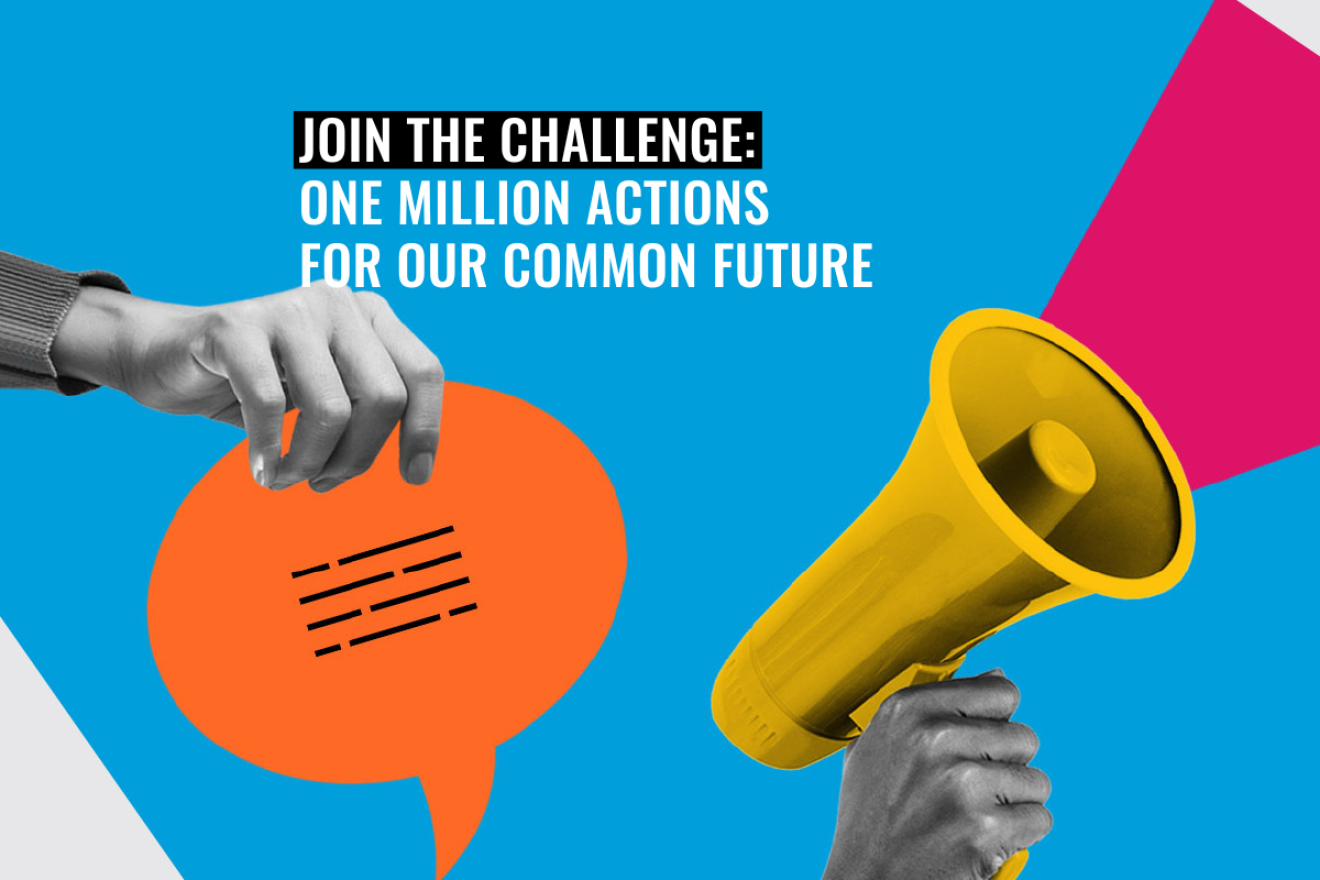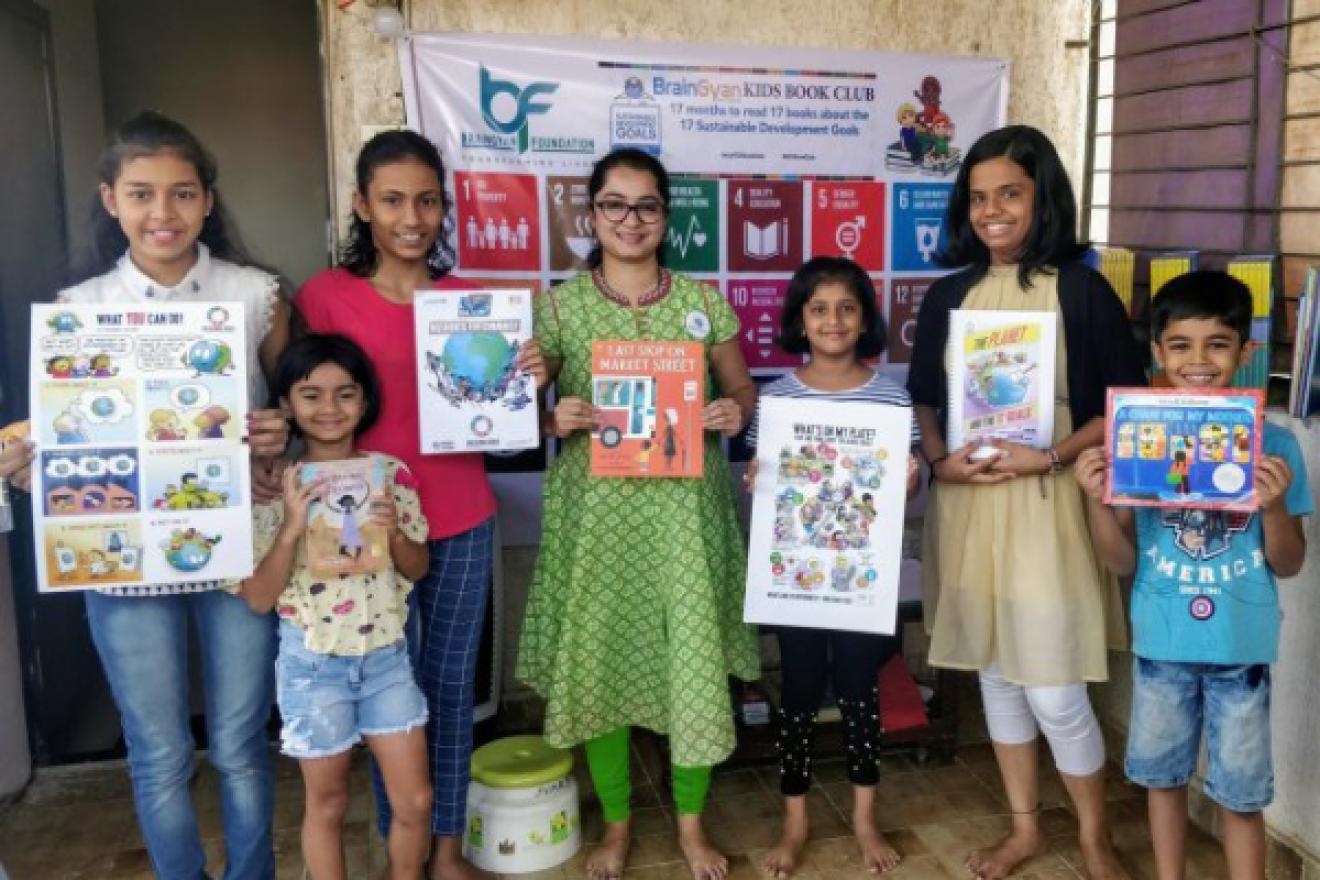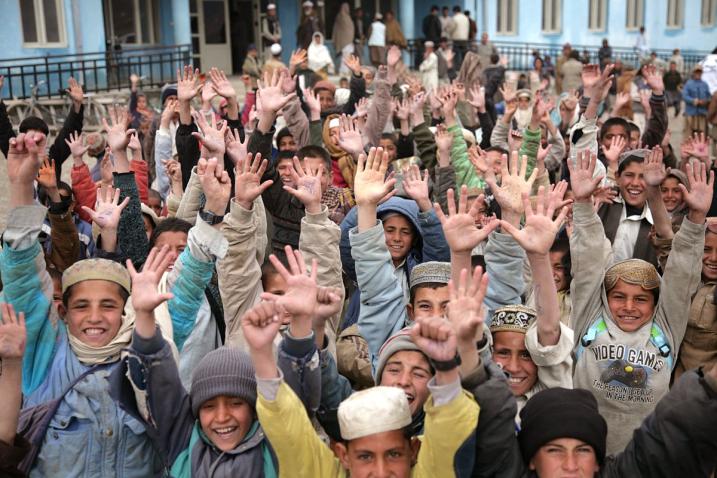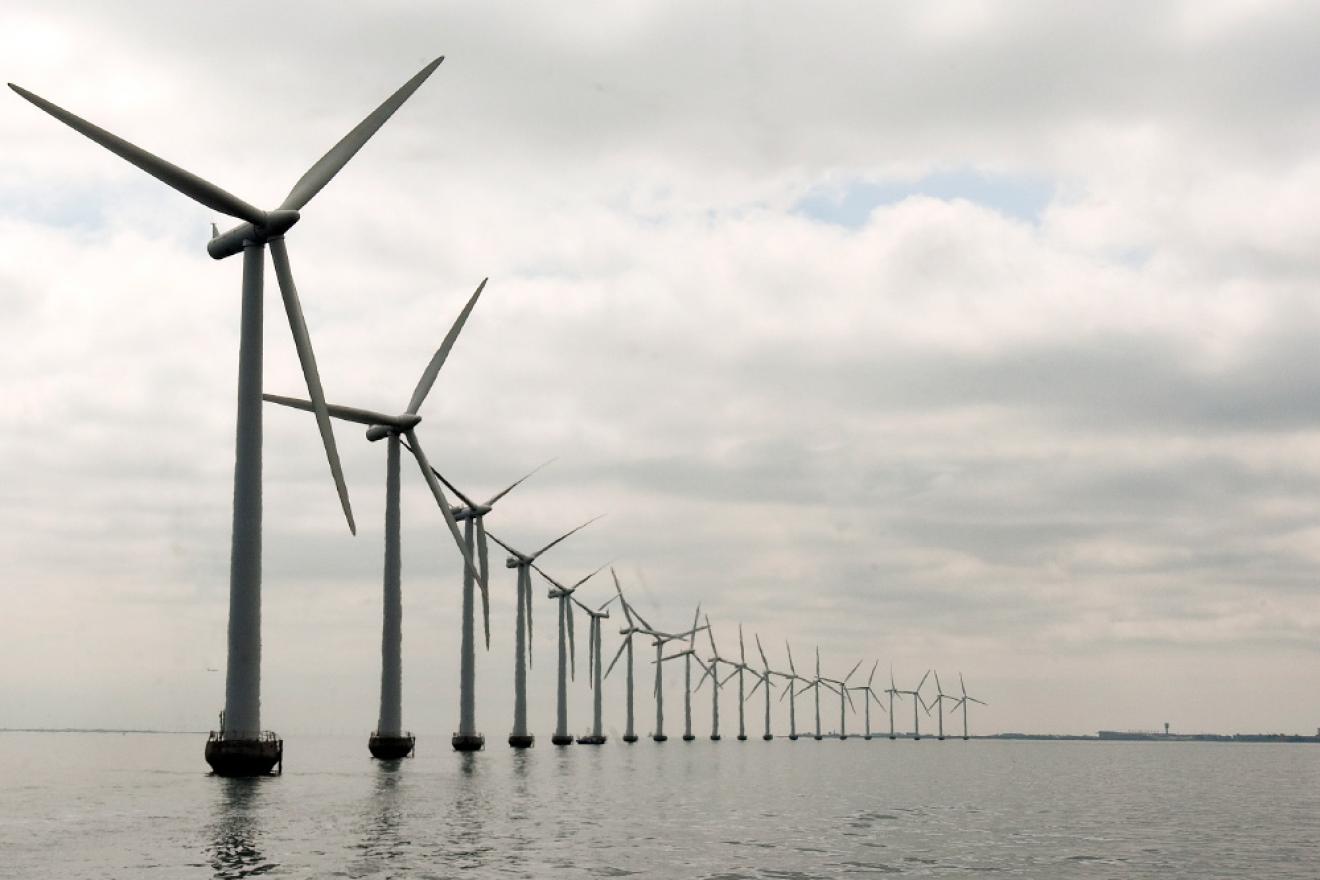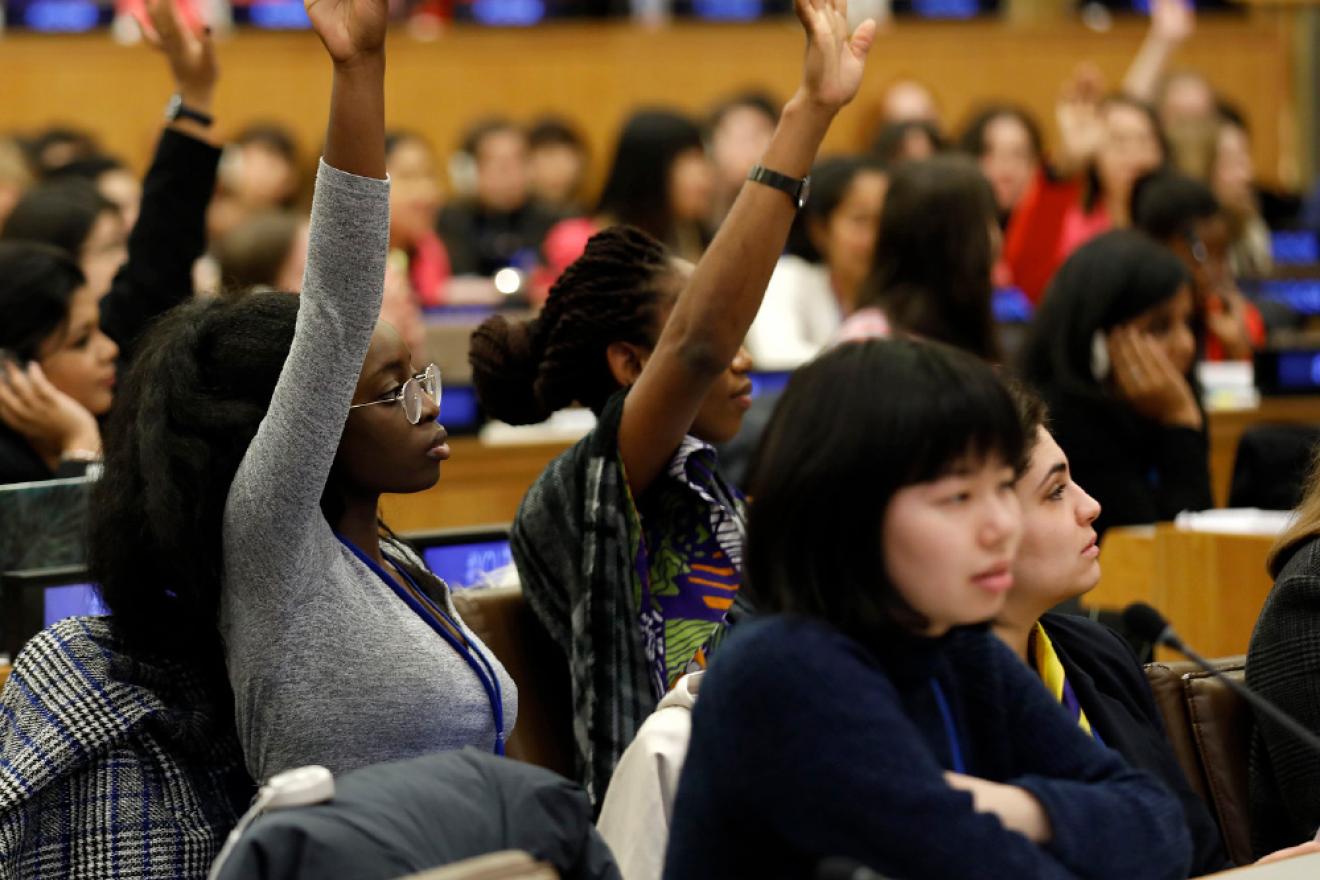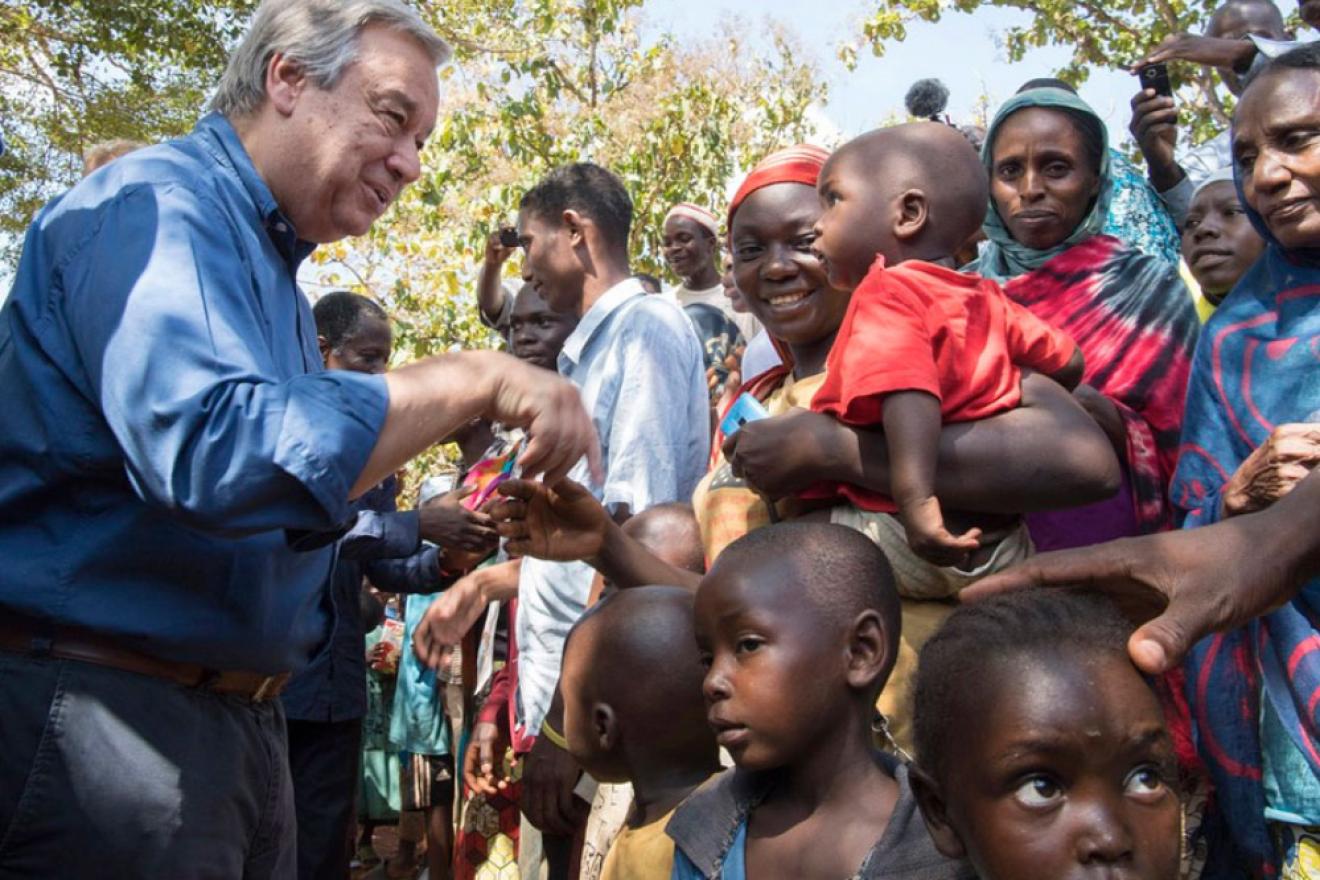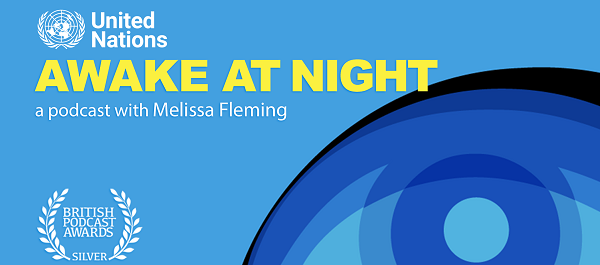ActNow is the UN campaign to inspire people to act for the Sustainable Development Goals (SDGs). In the lead up to the Summit of the Future, join the 1 Million Actions for our Common Future challenge to contribute to a more sustainable and peaceful world. Find new inspiring actions on the app and at un.org/actnow.
Hiroshima and Nagasaki: 80 years after the atomic bombings
This year marks the 80th anniversary of the atomic bombings of Hiroshima and Nagasaki, Japan, on 6 and 9 August. Every year, Hiroshima holds the Peace Memorial Ceremony to console the souls of those lost to the atomic bombing, as well as pray for the realization of lasting world peace. Weapons of mass destruction, in particular nuclear weapons, remain a major concern due to their destructive power and threat to humanity. The UN has sought to eliminate such weapons ever since its establishment. Let’s work together to banish these devices of destruction to the history books, once and for all.





